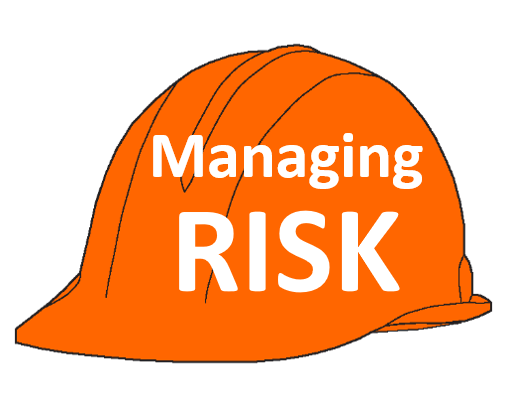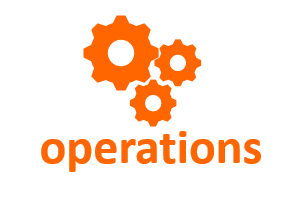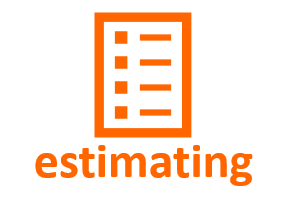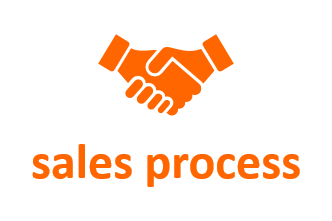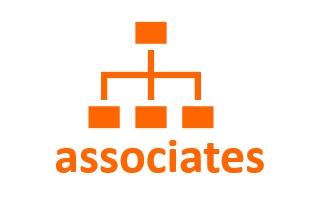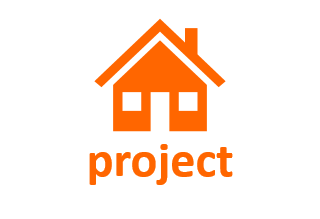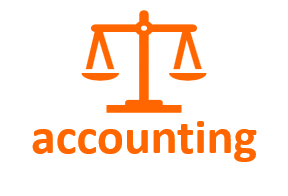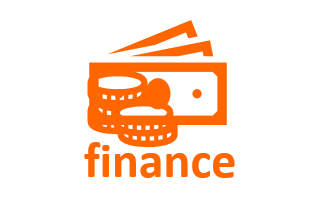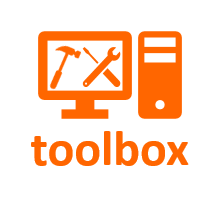At Least 10 Ways to Lose $100,000 Running a Construction Business
YOU NEED TO BE A RISK TAKER TO GO INTO BUSINESS.
YOU NEED TO BE A RISK MANAGER TO SUCCEED IN BUSINESS.
Think back to when you first started in construction. About the only risk you faced was being able to do your job at an acceptable level and hoping your boss was able to make payroll at the end of the week.
Then you became a job supervisor, and your risk management levels had to step up. You were responsible for safety on the site. You were accountable for the work done by those you were supervising. You had to manage materials flow. You had to deliver the project on time, to spec.
So you began developing management tools to help you handle the risk - safety checklists, scopes of work, schedules. The risks were still there, but you were comfortable you had a system for managing those risks.
Eventually, your stepped into your own construction business. Those site risk management tools still served you well, but they became a very small part of the overall risk management responsibilities you took on.
As a business owner, there is a whole new set of risks you need to learn how to manage. I am not talking about the transferable risks like general liability, auto and truck coverage, or worker's compensation. I'm talking about risks for which you, as the chief executive of your business, are directly responsible.
Look at the list below and check off the risks you face as a business owner:
MANAGEMENT RISKS
- [✔] Knowledge Risk - the risk that there are parts of managing a construction business of which you are not yet aware, and that you aren't aware that you're not aware;
- [✔] Legal Entity Risk - the risk that your chosen legal operating entity (sole proprietorship, partnership, corporation) is wrong for you, and is costing you money in taxes and/or liability;
- [✔] Management Risk - the risk that the organization you have built does not provide the structure needed to support your business activities;
- [✔] Promotional Risk - the risk that buyers in your market do not know that your company exists, and that buyers do not care about its products;
- [✔] Market Demand Risk - the risk that your company is mortally susceptible to market cycles;
- [✔] Pricing Risk - the risk that the estimating and proposal preparation systems do not provide adequate pricing information and that proposal prices are too high (and your company is losing jobs) or are too low (and your company is losing money);
- [✔] Competitive Risk - the risk that your construction company is perceived as a "just-like-every-other-builder" choice because you have not purposefully set it apart in the market, and all your company has to compete on is price;
PROJECT RISKS
- [✔] Injury Risk - the risk that an subcontractor's employee will be injured on your job site and the subcontractor will not have adequate, or any, insurance to cover the related lawsuits and recovery or disability costs;
- [✔] Transactional Risk - the risk that a process does not exist to control your clients during the construction phase, and that you are one "client-from-hell" away from litigation and loss;
- [✔] Reputational Risk - the risk that subcontractors have a agenda that differs from your agenda, and that you have no system in place to proactively make certain that your company delivers what it was contracted to deliver;
- [✔] Labor Risk - the risk that subcontractors might be reclassified as employees;
- [✔] Construction Defect Risk - this is probably the area in which you are the strongest, because it is the "hands-on" part of a construction business. The risk is that special orders or building processes are not followed, and a significant amount of re-work must be done;
- [✔] Scheduling Risk - the risk that your company will not meet its contracted delivery date, resulting in costs to the client for which they will litigate, and resulting in your company's inability to begin the next project in a timely manner;
- [✔] Capacity Risk - the risk that your construction company does not have the personnel, skills, or time to deliver on the promises made to its clients;
FINANCIAL RISKS
- [✔] Reporting Risk - the risk that the information coming from your accounting process is either incorrect, untimely, ignored or misunderstood, and that you are operating without benefit of the information it should be providing - flying blind;
- [✔] Financial Risk - the risk that you can't manage what you don't understand. You need a financial monitoring system that provides timely financial information that is accurate and actionable and that you understand.
Each one of these risks could be, and probably is, costing you money.
You can argue that you didn't sign up for all this non-construction BS. It doesn't matter. When you started a business, you inherited these risks and now you are responsible for managing them.
 The higher you are on the ladder, the more risk you have to manage. |
